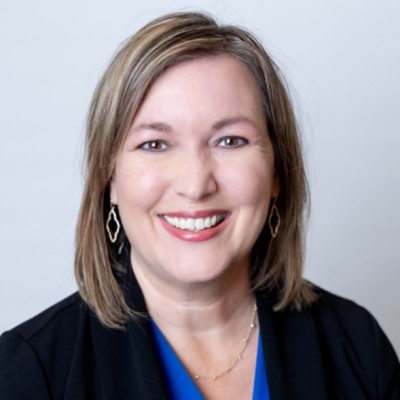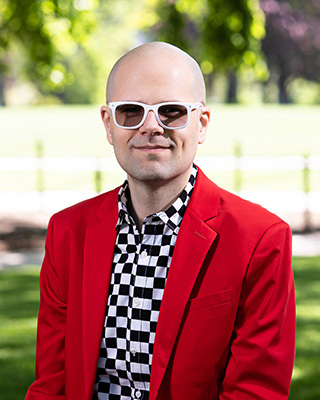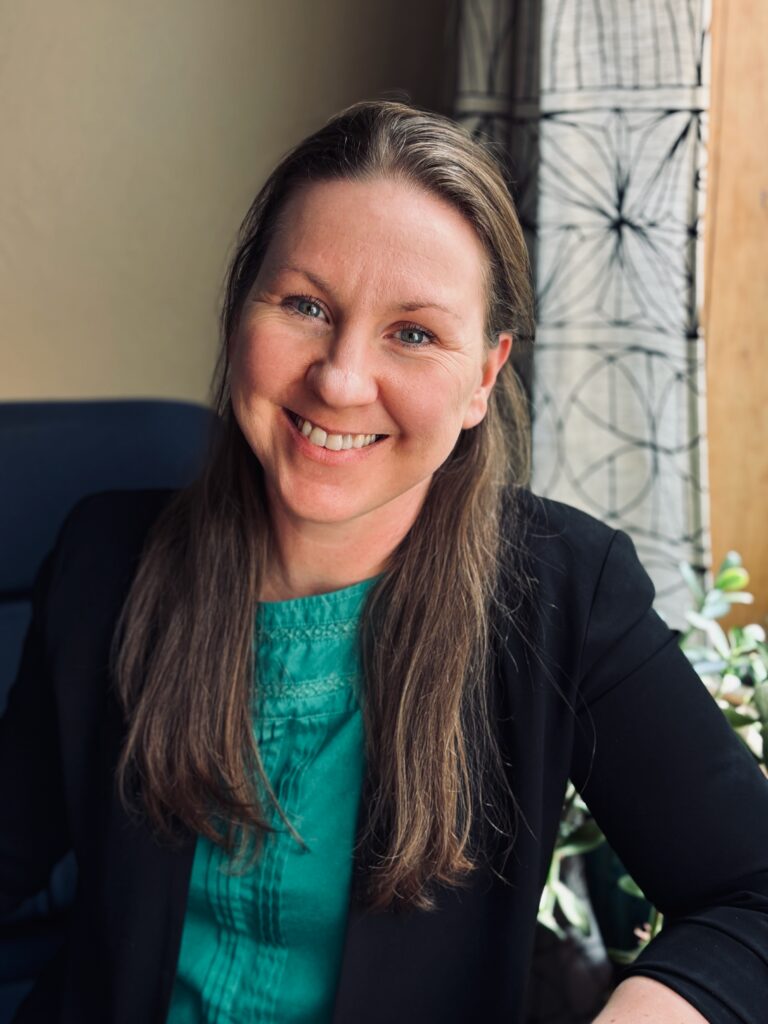
During the summer of 2025, Rebus hosted a free webinar series, sponsored by the Hewlett Foundation, on timely topics related to open education. Read on for the session descriptions and to watch the recording!
Revising and Remixing with AI: Ethical and Practical Strategies
May 21, 2025 with Ariful Hoq Shanil and Natasha Whitton
Artificial intelligence (AI) offers exciting possibilities for revising and remixing openly licensed materials, but how can we do so in a way that aligns with the values of open education? This interactive session reflects on important questions: When should you leverage AI in content creation? What does responsible use look like? Together, we’ll explore interesting use cases, ethical considerations, and copyright implications. We’ll also discuss practical strategies for disclosing AI-assisted revisions to support others who may want to revise and remix your work. Join us to explore how AI can enhance, rather than replace, human creativity in the OER ecosystem.

Ariful Hoq Shanil
Ariful is a dedicated learning designer with a proven track record in diverse academic and non-profit organizations, driving technology-driven innovation. Currently, he serves as an Instructional Designer at The Centre, University of Manitoba, where he focuses on Manitoba Flexible Learning Hub (MB Hub). His role contributes to the furtherance of the online learning ecosystem in Manitoba through the MB Hub. Ariful is a passionate advocate for open education in postsecondary institutions. He is also an enthusiastic learner of generative AI (genAI) integration in teaching and learning, exploring ethical and responsive applications in his daily work. Recently, Ariful graduated from the January 2024 cohort of the Open Publishing Certificate (OPC) by Rebus Community.

Natasha Whitton
Natasha Whitton serves as an Associate Professor in the Department of English and Humanities at Baton Rouge Community College. As an interdisciplinary scholar, she has degrees in biology, literature, and history. Her first experience writing textbooks was in the area of composition. She collaborated on several custom writing handbooks and combined reader and rhetorics with faculty. More recently, she worked on a team to create both an open textbook and course for Western Civilization, particularly for dual enrollment students. In addition to being committed to OER as a tool to increase the accessibility of education, she has served as a faculty fellow for the Great Questions Foundation and for an NEH Institute on Willa Cather. She was awarded a fellowship in 2025 through VIVA and ISKME to explore using AI with OER.
Making the Case for OER: Affordability, Access, and Impact
June 18, 2025 with Bryan McGeary
Open Educational Resources (OER) are more than just free textbooks that make college more affordable! They are powerful tools for student success, inclusion, and pedagogical innovation. This webinar will discuss key arguments and data to advocate for Open Education initiatives at your institution. We’ll discuss affordability, student success, social justice, digital literacy, workforce preparation, and the transformative impact of OER-enabled pedagogy. Whether you’re working with administrators, faculty, or colleagues, this session will provide insights and strategies to help you effectively champion OER and make the case for open education.

Bryan McGeary
Dr. Bryan McGeary is the Sally W. Kalin Librarian for Learning Innovations and the Learning Design and Open Education Engagement Librarian at Penn State University. In this capacity, he helps advance the University’s initiatives that support the creation and use of open and affordable course content and associated teaching practices. He has led programs to support faculty creation and adoption of open educational resources, student co-creation of OER, and the creation and adaptation of OER to support social justice aims. He was also the principal investigator for an IMLS-funded project that piloted a library-led service model for supporting open-source homework systems as supplemental resources for teaching with OER across the Big Ten Academic Alliance.
In 2022, he received the OE Global Open Pedagogy Award, along with his colleague Christina Riehman-Murphy, for the Open Pedagogy Project Roadmap, a resource they designed to assist instructors in planning, finding support for, sharing, and sustaining open pedagogy projects. Bryan is a 2020-2021 SPARC Open Education Leadership Fellow, an instructor for the Open Education Network Certificate in Open Education Librarianship, and a facilitator for the Rebus Open Publishing Projects Certificate Program.
Open Pedagogy Basics
July 16, 2025 with Mary Isbell
What happens when students move beyond passive learning and become co-creators of knowledge? What if your course materials evolved and improved through student contributions semester after semester? In this one-hour webinar, we’ll answer these questions through the lens of open pedagogy. Join us to learn from educators who reimagined their classrooms as collaborative spaces where students don’t just consume content—they create it! You’ll explore practical examples of student-created OER, non-disposable assignments, and community-engaged projects that foster collaboration, critical thinking, and meaningful assessment. Whether you’re curious about open pedagogy, or looking for fresh ideas, this session offers tools and inspiration to implement open pedagogy in your classroom.

Mary Isbell
Mary Isbell is an Associate Professor of English at The University of New Haven. Her research focuses on nineteenth-century literature and culture, narratology, scholarly text encoding, and open educational practices. With Matt Wranovix, she served as PI on the Open Pedagogy Project and she is currently working with a team of humanities faculty to build The Connected Core, an initiative to remove the barriers that often stop professionally minded students from engaging with the arts and humanities. Mary’s current project is Searching for Wonder, an openly licensed book designed to support those who want to teach literature with student-selected texts. She is also working with a team of faculty and developers to build WonderCat, a relational database of story experiences that users can peruse and expand by sharing their own experiences. The tool is an alternative to recommender systems that deliver predictions based on demographics and user behavior. Designed for use in the classroom, WonderCat encourages agency and democratic engagement with scholarly expertise.
